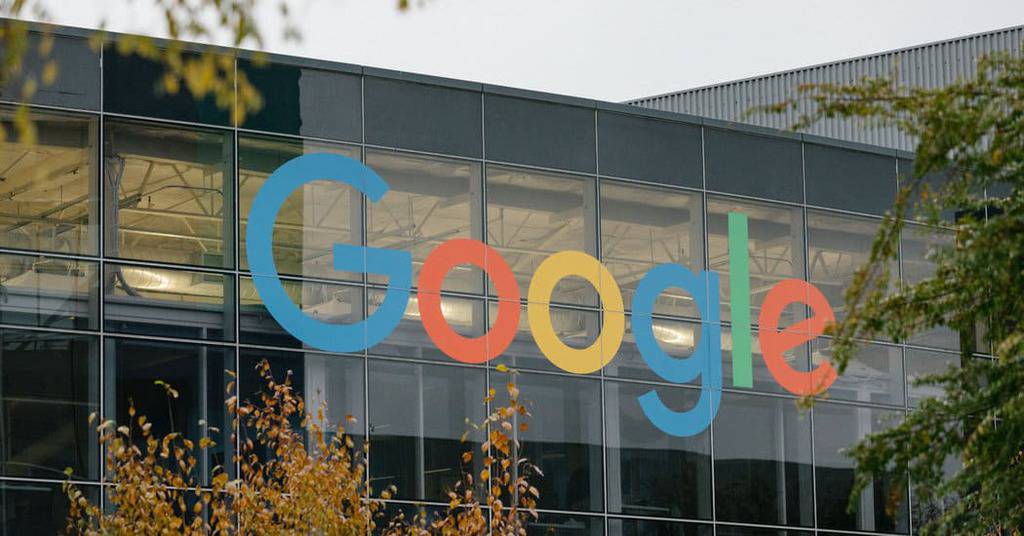Earlier this month, when Dan Shure was searching on Google for information about butchering meats, he did something he had avoided for the last 20 years: He unknowingly clicked on an ad.
Mr. Shure, a 40-year-old consultant who helps companies manage where they appear in Google search, had always thought it was easy to to distinguish between paid search results and unpaid links.
That changed on Jan. 13 when Google revamped the look of its search results page for desktop computers. Even for someone with a trained eye like Mr. Shure, it was hard to see the difference between an ad and a regular link.
“I felt dumb because I had never clicked on an ad before,” said Mr. Shure, the owner of Evolving SEO, a consulting firm in Worcester, Mass.
In the two decades since Google first introduced text ads above search results, the company has steadily made ads less conspicuous. But Google’s latest look may have pushed things too far. Users complained that Google was trying to trick people into clicking on more paid results, while marketing executives said it was yet another step in blurring the line between ads and unpaid search results, forcing them to spend more money with the internet company.
The dust up comes at a bad time for Google, which is facing accusations around the world that it unfairly takes advantage of its search engine dominance. And it is an indication of just how careful the internet giant now must be when it makes subtle — and sometimes unsubtle — tweaks to wring more money out of its giant ad business.
Regulators and politicians are investigating Google’s influence over the digital advertising industry. And some advertisers are openly challenging search ads as a “shakedown” and “ransom” by the tech giant, which controls about 90 percent of web search.
Ginny Marvin, editor in chief of Search Engine Land, a website that covers the search industry, said there is more awareness among users of Google’s behavior because of recent privacy complaints and government antitrust probes.
“There is much more scrutiny by your regular user who may not have thought anything about this a year or two ago,” Ms. Marvin said. “To see them make this change in the face of antitrust regulation” was not going to go unnoticed.
Alphabet, Google’s parent company, is expected to report next week that annual revenue topped $150 billion in 2019. But Google’s ad business is under growing pressure from rivals like Amazon and Facebook.
Increasingly, Google’s search results page is not just the on-ramp to direct you to the most relevant information on the web, it’s also the destination. The unpaid links are buried amid a hodgepodge of fact boxes, news links, ads and snippets of text.
For marketers, who rely on Google to bring them web traffic, the blurred lines between ads and regular results make it hard to decipher whether the customers being redirected to their sites are people who were going to come to them anyway or those who stumbled upon them because of the ad.
“If you look at a result that is ads and organic links, it all looks the same,” said Mr. Shure. “And that’s a problem.”


